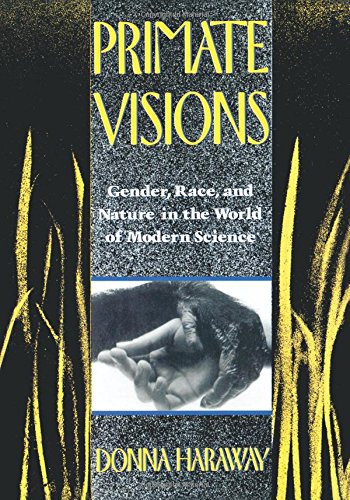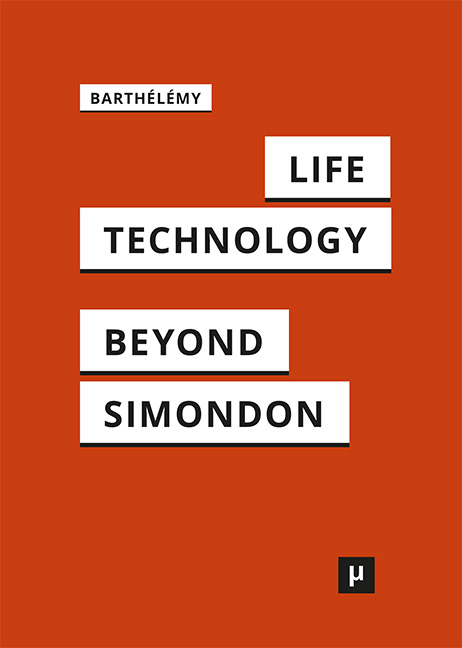Sophia Roosth: Crafting Life: A Sensory Ethnography of Fabricated Biologies (2010)
Filed under thesis | Tags: · anthropology, bioengineering, biology, diy biology, fabrication, gastronomy, life, sensory ethnography
“This ethnography tracks a diverse set of practices I term ‘constructive biologies,’ by which I mean efforts in the post-genomic life sciences to understand how biology works by making new biological things. I examine five fields of constructive biology – synthetic biology, DIY biology, hyperbolic crochet, sonocytology, and molecular gastronomy – investigating how they are enmeshed in sensory engagements that employ craftwork as a means of grasping biology.
Synthetic biology is a community of bioengineers who aim to fabricate standardized biological systems using genetic components and manufacturing principles borrowed from engineering. DIY biology is a community of “biohackers” who appropriate synthetic biologists’ terminologies, standards, and commitment to freely exchanging biomaterials in order to do hobbyist biological engineering in their homes. The Hyperbolic Crochet Coral Reef is a distributed venture of thousands of women who are cooperatively fabricating a series of yarn and plastic coral reefs in order to build a material simulation of oceanic morphologies and evolutionary theories. Sonocytology, a technique in nanotechnology research, uses scanning probe microscopes to “listen to” cellular vibrations and “feel” the topologies of cells and cellular components. Molecular gastronomy is a movement in which practitioners – physical chemists and biochemists who study food, and chefs who apply their results – use biochemical principles and laboratory apparatuses to further cooking and the culinary arts.
In analyzing these fields, I draw on histories of experimental biology, anthropological accounts of artisanship, science studies work on embodiment and tacit knowledge in scientific practice, and sensory ethnography. Based on data gathered from participant-observation and interviewing, I argue for thinking about making new biological things as a form of ‘crafting,’ an analytic that illuminates five aspects of contemporary biological manufacture: 1) sensory cultivation, 2) ongoing participation with biological media and forms, 3) the integration of making biological things and practitioners’ selfmaking, 4) the embedding of social relations, interests, norms, and modes of exchange in built artifacts, and 5) the combination of making and knowing. In this study, I argue that both biology the substance and biology the discipline are currently being remade, and that increasingly, life scientists apprehend ‘life’ through its manufacture.”
Dissertation thesis
Supervisor: Stefan Helmreich
Publisher Massachussetts Institute of Technology, September 2010
326 pages
PDF (24 MB)
Comment (0)Donna Haraway: Primate Visions: Gender, Race, and Nature in the World of Modern Science (1989)
Filed under book | Tags: · animal, biology, capitalism, family, feminism, gender, history of science, human, man, monkey, nature, primatology, race, science, sex, sexuality, technology, theory, women

“Haraway’s discussions of how scientists have perceived the sexual nature of female primates opens a new chapter in feminist theory, raising unsettling questions about models of the family and of heterosexuality in primate research.”
This “large book may be read from start to finish as a chronological and thematic survey of twentieth-century primatology. … But each chapter is simultaneously history of science, cultural studies, feminist exploration, and engaged intervention into the constitutions of love and knowledge in the disciplined crafting of the Primate Order. … My placing this account of primatology within SF–the narratives of speculative fiction and scientific fact–is an invitation for the readers of Primate Visions–historians, culture critics, feminists, anthropologists, biologists, anti-racists, and nature lovers–to remap the borderlands between nature and culture.” (from the Introduction)
Publisher Routledge, 1989
ISBN 0415902940, 9780415902946
ix+486 pages
Reviews: George E. Marcus (Science 1990), Alison Jolly and Margaretta Jolly (New Scientist 1990), Robin Dunbar (NY Times 1990), Louise Krasniewicz and Michael Blitz (Discourse 1990), Anne Fausto-Sterling (J Hist Biology 1990), Susan Cachel (Am J Primatology 1990), Meredith F. Small (Am J Physical Anthropology 1990), Sarah Franklin (J Hist Sexuality 1990), Matt Cartmill (Int J Primatology 1991), M. Lynn Byrd (H-Ideas 2001).
PDF (48 MB, added on 2021-3-10)
EPUB (3 MB)
Jean-Hugues Barthélémy: Life and Technology: An Inquiry Into and Beyond Simondon (2015)
Filed under book | Tags: · biology, cybernetics, philosophy, philosophy of technology, technology

“The philosophy of Gilbert Simondon has reinvigorated contemporary thinking about biological and technological beings. In this book, Jean-Hugues Barthélémy takes up Simondon’s thought and shows how life and technology are connected by a transversal theme: individuation. In the first essay, Barthélémy delivers a contemporary interpretation of Simondon’s concept of ontogenesis against the backdrop of biology and cybernetics. In the second essay, he extends his reflections to propose a non-anthropological understanding of technology, and so sets up a confrontation with the work of Martin Heidegger.”
Translated by Barnaby Norman
Publisher meson.press, Lüneburg, Dec 2015
After Simondon series
Creative Commons Attribution-ShareAlike 4.0 International (Part 1 under CC-BY-NC-ND 4.0)
ISBN 9783957960702 (Print), 9783957960719 (PDF)
71 pages
For more on Simondon see Monoskop wiki.
Comment (0)
